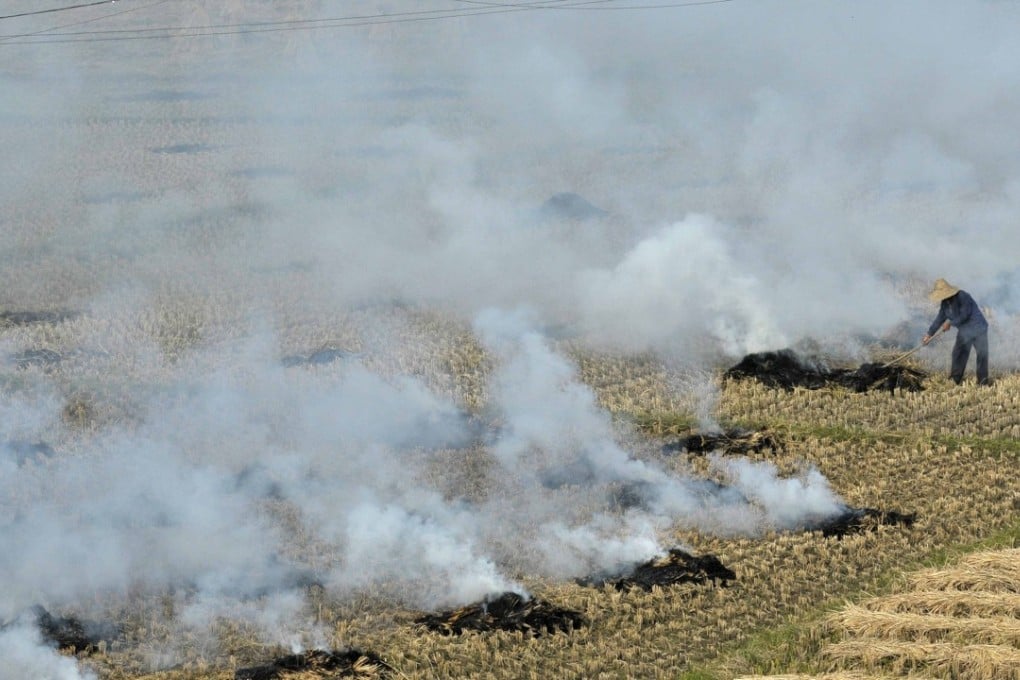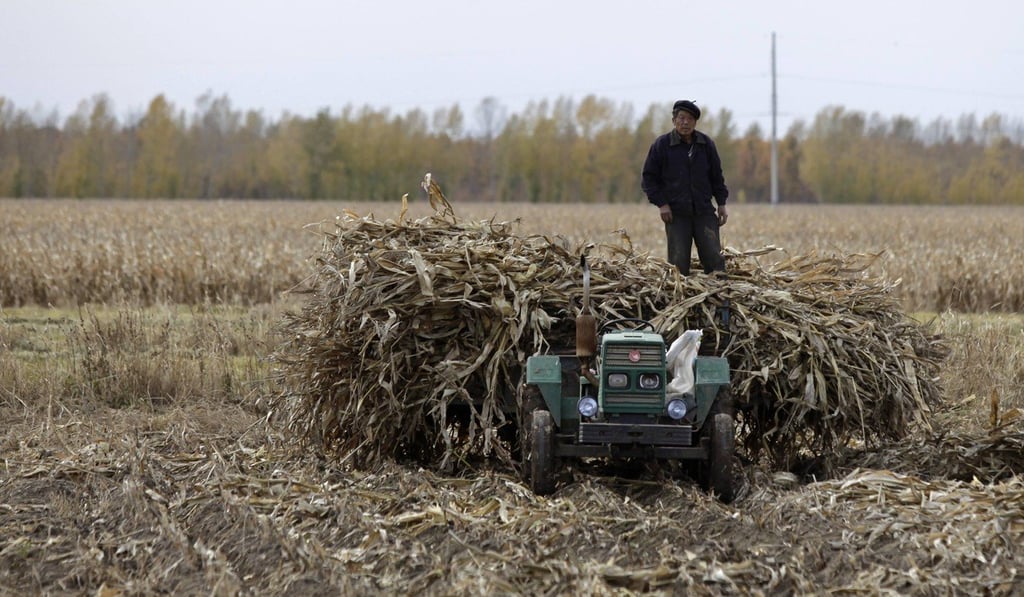China aims to turn farm waste into biofuel under nationwide ethanol plan
But some experts say plan to reduce pollution might not be as environmentally friendly as it seems

China is trying to “kill two birds with one stone” by turning agricultural waste into biofuel for cars under a nationwide policy to expand the use of ethanol in petrol announced on Wednesday.
But some experts said the plan – which aims to reduce smog from burning straw stalks and other agricultural waste as well as cut demand for fossil fuels – might not be as environmentally friendly as it seemed.
By 2020, all petrol for vehicles will need to contain at least 10 per cent ethanol – a renewable fuel made from corn and other plant materials, according to a statement released by the National Development and Reform Commission, the National Energy Administration and other departments.
Other countries including the United States and Brazil require petrol to contain a certain amount of ethanol. The US and Brazil pioneered the use of ethanol as fuel but mainly produce it from corn and sugar cane. As well as using up stockpiles of corn, China wants to produce ethanol from cellulose – a plant’s stringy fibre rather than its seeds or fruit – in a “structural way” by 2025.

Some 5 per cent of the 170 million tonnes of corn and cassava China trades on the international market each year could generate 3 million tonnes of biofuel, according to the statement. But 30 per cent of its straw stalks and other agricultural waste could produce 20 million tonnes of ethanol.
